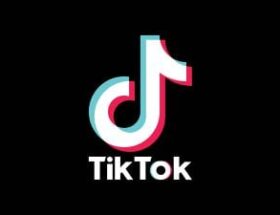Tim Hardwick
Some Apple employees believe the company’s internal generative AI technology, which powers Apple Intelligence, is more than two years behind industry leaders, Bloomberg’s Mark Gurman claims.

In his latest Power On newsletter, Gurman’s sources at Apple tell him that the company’s own research shows its upcoming AI features lack the “wow factor” of competing technologies currently offered by the likes of Google, OpenAI, and Meta.
For example, Apple’s internal research reportedly shows that OpenAI’s ChatGPT is 25% more accurate than the new Siri and can answer 30% more questions. Of course, Apple has already recognized this, given that part of its strategy includes partnering with OpenAI to integrate ChatGPT into its operating systems, giving users the option to use more powerful generative AI assistance if they want it.
Despite the setback, Gurman notes that Apple is in a unique position, leading a vast ecosystem of tightly integrated devices, giving it the advantage of being able to quickly introduce new technologies across its entire product line. This could prove beneficial as the company works to close the AI gap with its competitors, and its history of successfully expanding into new markets suggests it shouldn’t be discounted.
Apple’s latest iPhone 16 series supports Apple Intelligence, as do its Macs and iPad lineup (except for the entry-level model) following the announcement of the iPad mini 7 last week. The first set of AI features are expected to roll out to those devices next week.
Meanwhile, a new iPhone SE 4 with Apple Intelligence support is set to launch in March, and an entry-level iPad with AI support is set to launch later in the year. Apple is also working on bringing the technology to the Vision Pro, and given that AI notification summaries could be delivered to the Apple Watch, Gurman predicts that by early 2026, “almost every Apple device with a screen” will be powered by Apple Intelligence.
Tags: Apple Intelligence, Mark Gurman[ 182 comments ]










